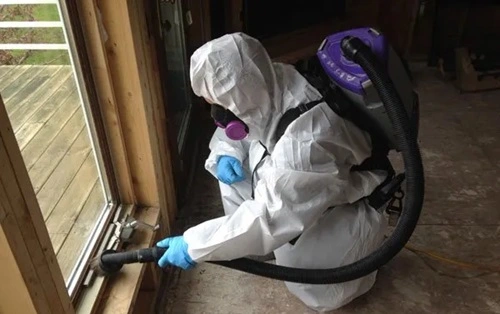The landscape of mental health treatment is evolving, with an expanding recognition of the role peer support plays in recovery and wellness. From chat groups and conference calls to group therapy sessions, peer support has gained ground as a valuable complement to clinical therapies, offering unique benefits that stem from shared experiences and mutual understanding. In this article, we explore how interacting with individuals who have walked a similar path can impact change and growth. Keep reading to uncover the ways in which peer support can catalyze healing and empowerment.
The Role of Peer Support in Mental Health Recovery
Peer support is an integral aspect of the mental health recovery process, offering a level of understanding that is often unachievable in traditional therapy settings. By connecting with others who have undergone similar struggles, individuals can gain insights and coping strategies that are grounded in lived experience. The empathetic exchange often leads to a sense of validation and reassurance that one is not alone in their journey.
The growth of peer support networks has allowed for diverse, community-driven mental health care that prioritizes the voices of those with firsthand experience. Within this environment, individuals are encouraged to share and take charge of their healing processes, contributing to a dynamic of mutual aid where everyone has something valuable to offer and receive.
Peer support often creates a safe space for expression and growth that may reduce the pressure and anxiety associated with seeking help. In these groups, stigmas surrounding mental illness tend to diminish as openness and acceptance become the prevailing atmosphere, fostering a culture of healing.
How Peer Support Complements Traditional Mental Health Treatments
While traditional therapies like Cognitive Behavioral Therapy provide critical expertise and structured approaches to mental health treatment, peer support offers complementary benefits. The informal, inclusive nature of peer groups can resonate more deeply for some, filling gaps that may exist in professional treatment plans. Working in synergy, these dual approaches can create a more holistic strategy for mental health care.
Professionals are increasingly acknowledging the value of peer involvement in mental health programs. In conjunction with clinical interventions, peer support can enhance recovery by fostering a sense of community and shared resilience. Bridging the gap between professional treatment and everyday life, peer support can translate clinical concepts into relatable, actionable advice.
When integrated into treatment frameworks, peer support can amplify the impact of therapy by reinforcing therapeutic goals within a real-world context. It can serve as a sounding board for progress and any setbacks, offering both accountability and encouragement from those who can empathize.
The Impact of Shared Experiences in Fostering Connection
The commonality of experiences is a core pillar in the foundation of peer support. The resonance felt when someone else articulates a struggle similar to our own is powerful and can be the bedrock of deep connections. Through shared narratives, individuals can access a profound sense of belonging and acceptance that might be elusive elsewhere.
Identity and camaraderie are often byproducts of shared experiences within these groups. When people recognize their challenges in the stories of others, isolation dissipates, making way for a robust support network that transcends the support group itself. This solidarity can be instrumental in fostering resilience against future adversities.
Within the safety net of a supportive community, individuals are often more inclined to be vulnerable and honest about their mental health. This openness paves the way for constructive dialogue and shared learning, as each member brings unique perspectives and coping mechanisms to the table.
Peer support can also serve as an incubator for empathy and understanding, cultivating a culture where members uplift and empower one another. This dynamic promotes personal growth, self-care, and healing that is mutually beneficial and reinforcing across the group.
Overall, the integration of peer support within mental health provisions has proven invaluable. It fosters connection, resilience, and empowerment in ways that resonate deeply with individuals on their recovery journey. Peer support continues to break down barriers and promote wellness, demonstrating that recovery is not only possible but also strengthened by the power of shared experiences and mutual understanding.



